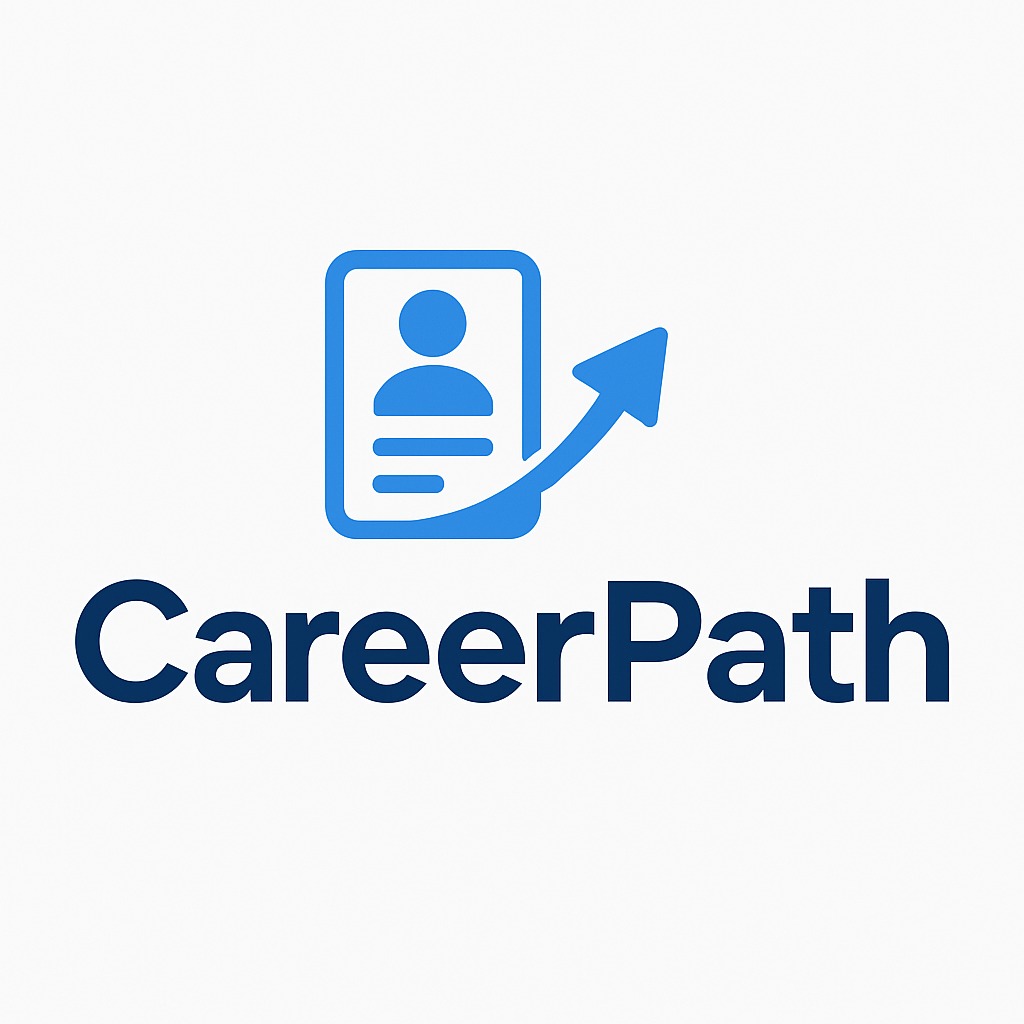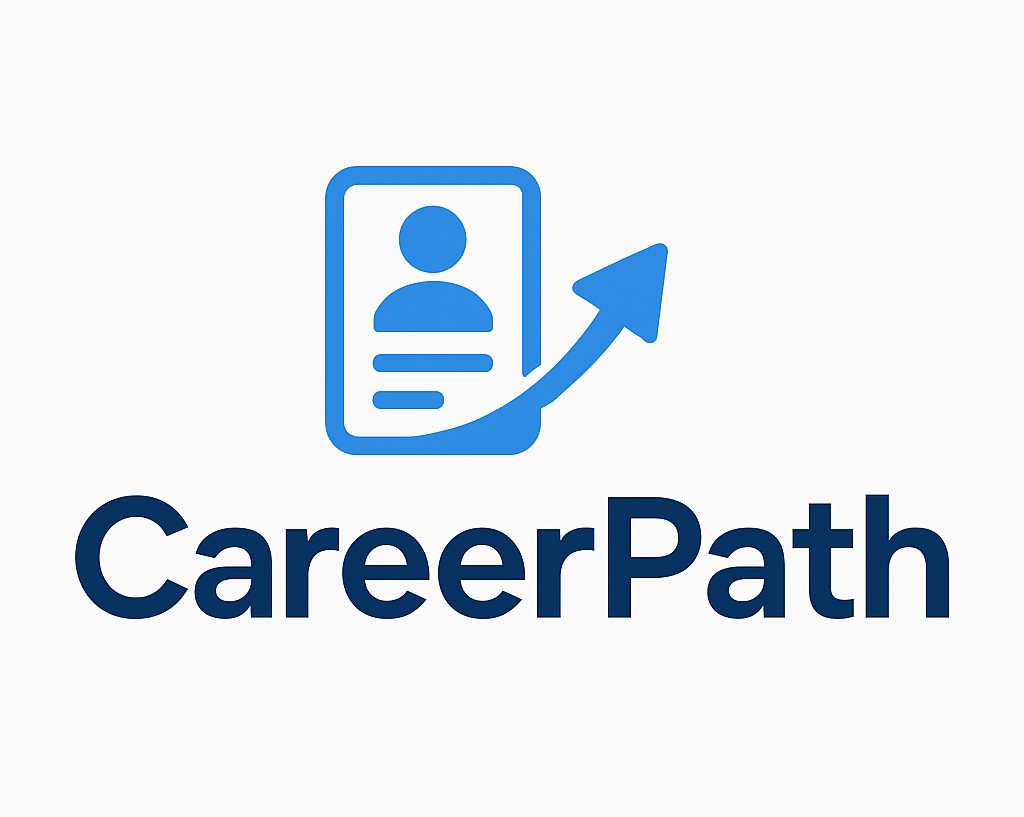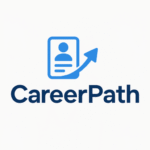
For Jobs, Internships and more interview tips, Visit: http://careerspath.org
The Comprehensive Interview Manual: Strategies for Excelling in Your Upcoming Interview.
Securing an interview is already a significant achievement—it indicates that your résumé and application have distinguished themselves among numerous, possibly hundreds, of other applicants. However, the reality is this: the dynamics within the interview room can either enhance or jeopardize your career prospects. This is precisely where interview manuals become essential. An effective interview manual does not only prepares you for challenging questions; it also provides you with the confidence, framework, and tactics that are necessary to outshine your competitors.
In the below article, we are going to explore the functionality of interview manuals, How important they are, and most critically, how you can excel in your forthcoming interview. Whether you are a recent graduate or a seasoned professional pursuing your ideal position, these insights will significantly increase your likelihood of receiving a job offer.
What is an Interview Manual, Precisely?
Consider an interview manual as a guide to achieving success. It serves as a systematic preparation resource that details common (and occasionally challenging) interview questions, recommended responses, strategies for researching the company, and even advice on body language.
How to Excel in Any Interview Exceptionally Well
Now, let us explore practical strategies that can transform your upcoming interview into a job-winning performance.
- Perfect the “Tell Me About Yourself” Question
This question is nearly always the opening query, and many candidates falter by recounting their entire life story. Instead, develop a 60–90 second “career pitch.” Emphasize your most pertinent experiences, your distinctive strengths, and your enthusiasm for this position. Consider it your personal trailer—make it captivating and concise.
- Utilize the STAR Method Effectively
For behavioral questions (e.g., “Describe a time you resolved a problem at work”), apply the STAR framework:
Situation: Briefly outline the context.
Task: What was your role?
Action: What measures did you implement?
Result: Quantify or qualify your achievements.
For instance: Rather than stating, “I excel at teamwork,” say, “In my previous position, our team encountered a tight deadline (Situation). As the project leader (Task), I organized tasks, initiated daily check-ins, and managed client communications (Action). We completed the project two days ahead of schedule and received favorable feedback from the client (Result).”
- Investigate the Company as If You Are Already Employed There
Interviewers appreciate candidates who are knowledgeable about their organization. Go beyond the company’s website—read recent articles, examine their LinkedIn profile, and familiarize yourself with their competitors. Then, incorporate this information into your responses. For example: “I observed that your company has recently ventured into renewable energy—my experience in sustainability consulting aligns seamlessly with this initiative.”
- Inquire with Insightful Questions
The interview is not solely about them questioning you—it also provides an opportunity for you to assess them. Steer clear of vague inquiries such as “What is the company culture?” Instead, pose stimulating questions, for instance:
“How is success in this role evaluated?”
“What are the company’s key objectives for the upcoming 12 months?”
“Could you outline a typical day in this role?”
This demonstrates authentic interest and establishes you as a forward-thinking candidate.
- Refine Your Non-Verbal Communication
Studies indicate that more than 50% of communication is conveyed non-verbally. This implies that your body language can convey more than your spoken words. Ensure you maintain appropriate eye contact, smile genuinely, sit up straight, and refrain from nervous movements. Even your handshake (or confident greeting in a virtual setting) can set the tone.
- Rehearse, But Avoid Sounding Mechanical
Mock interviews are invaluable. Practice your responses with a friend, mentor, or even in front of a mirror. Record yourself to identify any anxious habits. However, keep in mind that interviewers can detect overly rehearsed, robotic responses. Strive for a delivery that is both polished and natural.
- Master the Follow-Up
Your interview does not conclude when you exit the room. Always send a thank-you email within 24 hours. Reaffirm your interest, emphasize one significant point from the discussion, and leave them with a strong reminder of your enthusiasm.
Final Reflections.
An interview guide serves as more than merely a cheat sheet—it is your essential toolkit for achieving career success. By preparing thoughtfully, responding with significance, and demonstrating sincere interest, you will not only excel in interviews—you will dominate them.
Keep in mind that interviews are not solely about memorizing flawless responses; they are about presenting the finest version of yourself in a professional, confident, and genuine manner.
Therefore, prior to your next significant opportunity, do not leave anything to chance. Develop your interview guide, practice with purpose, and enter the room assured that you possess all the necessary qualities to secure the position.
In the current competitive job landscape, preparation is not merely a source of power—it is your distinct advantage in your career.


